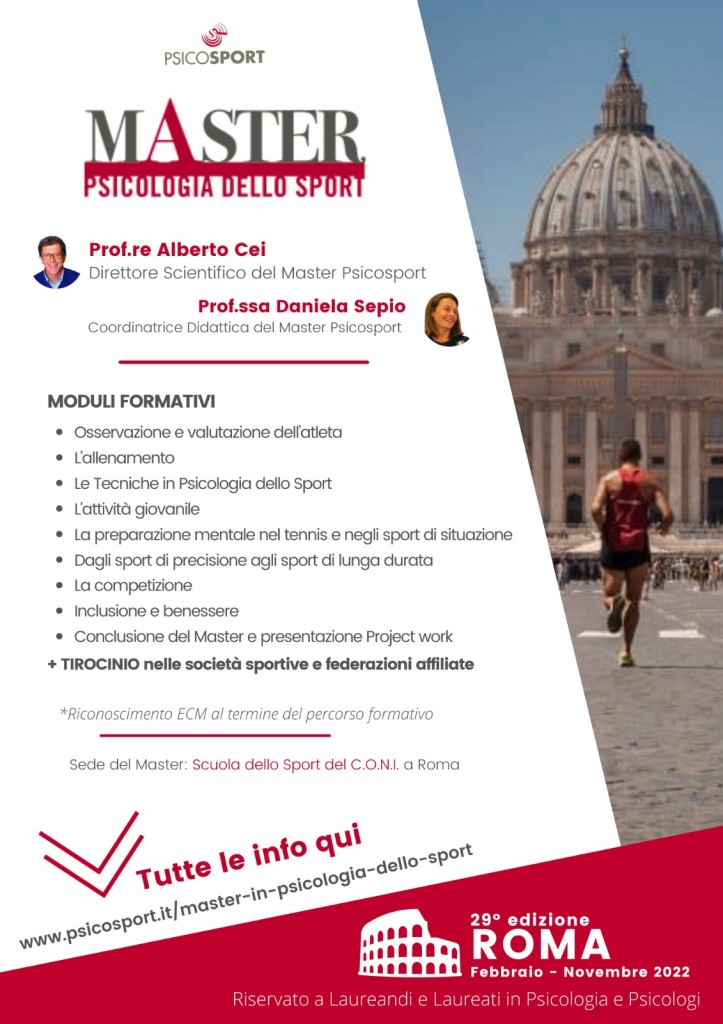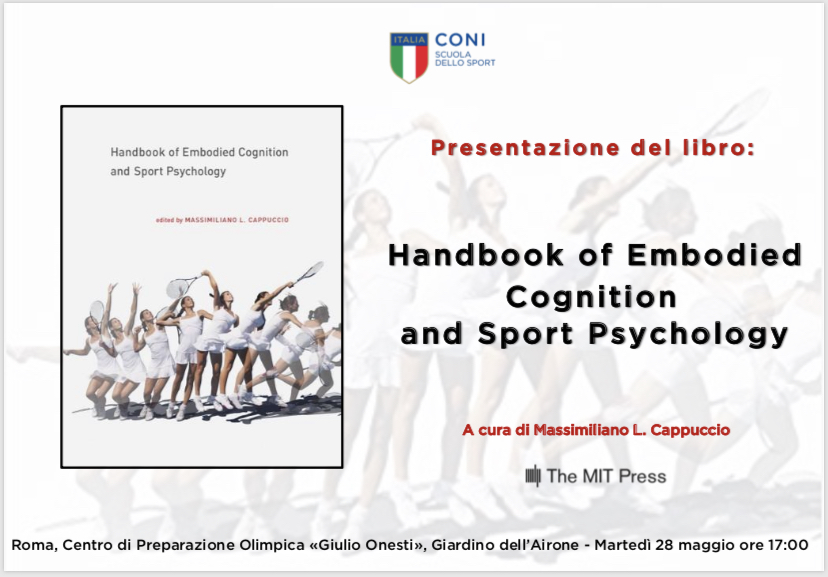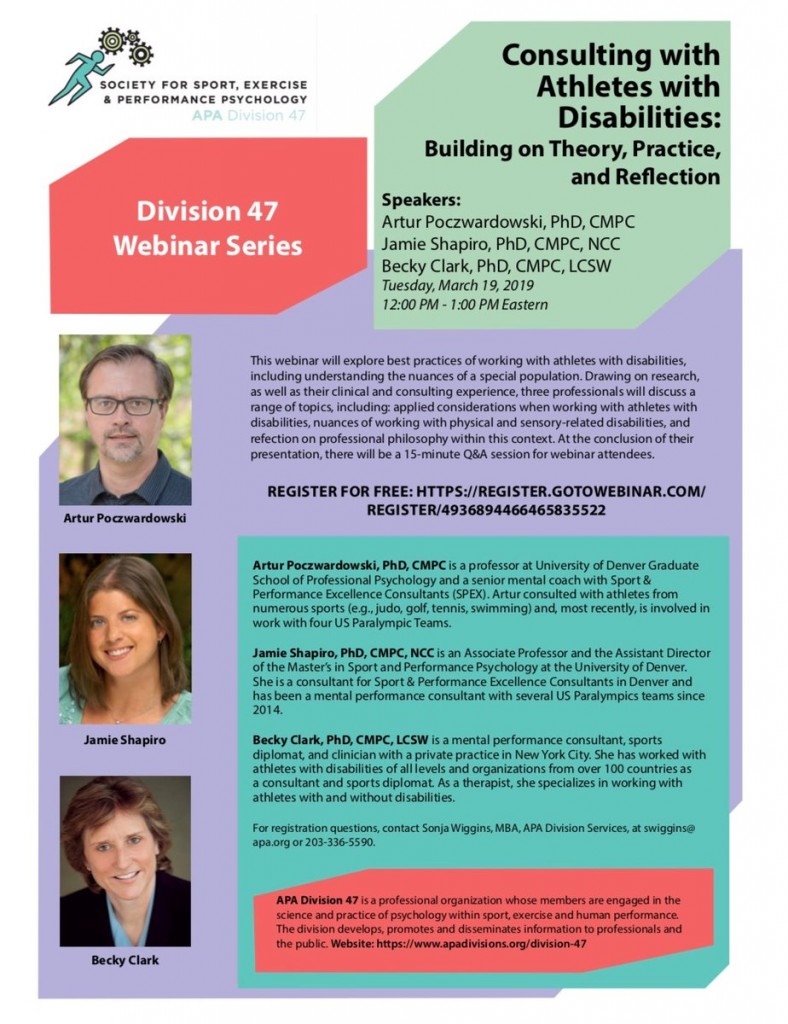In general, we fear unlikely, catastrophic events like terrorist attacks more than common and deadly events, like the flu. In the case of Covid-19, assessing risk is especially thorny because our objective knowledge of the disease is still evolving.
Humans have evolved to react poorly to that kind of uncertainty and unpredictability, argues Frizelle, because both make us feel “a perceived lack of control.” “We’re human beings, so we’re hard-wired to respond to threats, to protect ourselves,” she explains. “But it’s really difficult to do … when the threat is so uncertain and potentially far-reaching. That’s where you start to see people take on more unusual behaviors.”
Like, say, panic-buying of months’ worth of essential supplies and of non-essential medical materials. While preparedness is good, going to this extreme is not innocuous: It can deprive frontline healthcare workers of crucial medical supplies, like gloves, respirators, and face shields.
Uncertainty also leaves room for false claims—which, in the middle of an outbreak, can “lead to behavior that amplifies disease transmission,” writes epidemiologist Adam Kucharski in The Guardian. We are uniquely bad at spotting misinformation online, in part because we don’t take the time, or don’t know how, to properly fact-check. But it’s also because our memories play tricks on us, encouraging us to believe things we read repeatedly; to look for information that validates our preexisting beliefs; and to remember things that elicit strong emotions more than things that don’t.
There also seems to be something about fear that drives us to point the finger at others. Because the outbreak originated in Wuhan, China, anti-Asian sentiments and attacks have been on the rise. “When people react out of strong emotion, they can make quick, irrational choices,” explains Alison Holman, associate professor in the school of nursing at UC Irvine and expert in health psychology. “There are people who already are prejudiced, and so something like this just reinforces the assumptions and stereotypes they may have in their minds about a particular group of people.”
…And what you can do about it
Metin Başoğlu, a professor of psychiatry and founder of the Istanbul Center for Behavior Research & Therapy, has studied the emotional and behavioral response of earthquake survivors (pdf) and sees parallels in today’s reactions to coronavirus.
After a major earthquake hit Turkey in 1999, killing 17,123 people and injuring 43,953, Başoğlu says many survivors refused to go back into their homes, choosing instead to live in outdoor camps for months. But his team realized that “if we encouraged people to go back to their homes, they recovered quickly.”
He and his colleagues developed a method of coping with post-traumatic stress called Control Focused Behavioral Treatment (CFBT), which was born out of the observation that exposure to a source of stress can create a sense of control over it—a lesson he says applies to epidemics, which are also uncontrollable and unpredictable. “You cannot control every single risk that comes your way in life, and lead a meaningful, reasonable, and productive life at the same time,” he says. “Extensive, unrealistic avoidance is not compatible with survival.”
These experts recommend doing what you can to reassert a sense of control over your fears, without overreacting and risking contributing to public panic. That includes staying informed without overdoing it, says UC Irvine’s Holman. “Too much media exposure, we know, can heighten one’s anxiety. You get what you need, and leave the rest.”
Commonsense precautionary measures are especially important given the high likelihood of contracting Covid-19. There are “important, very basic things that people can do to take back the power here, and control at least to the extent that you can, your degree of vulnerability to this illness,” says Holman. Those include self-isolating and monitoring your temperature if you get sick; washing your hands regularly with soap and water; and staying away from large gatherings, like concerts or marathons.
A rapidly-spreading epidemic can be a particularly tough time for people with preexisting mental health conditions like anxiety or obsessive-compulsive disorder, points out Holman. That’s where social support networks are crucial: “I would recommend that people who tend to be more anxious connect in a safe way with people in their lives who they trust; who can help them calm down; and … who they can turn to for support.”
Above all, health experts say it’s crucial not to let panic take over our decision-making and rational thought processes. Otherwise, says Başoğlu, “the price to pay” could be “much greater than the threat the virus poses.”







